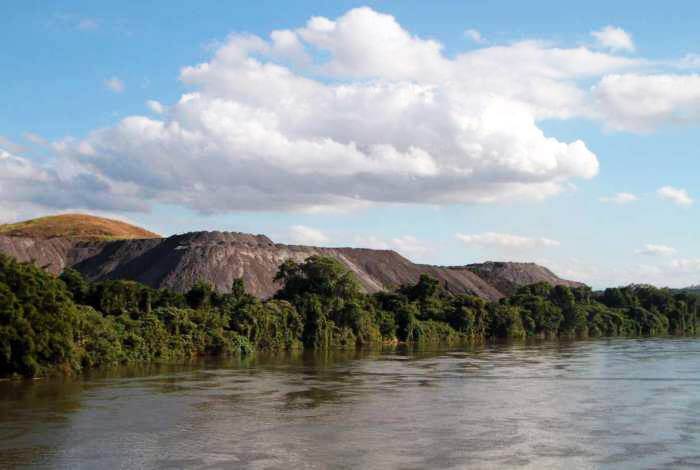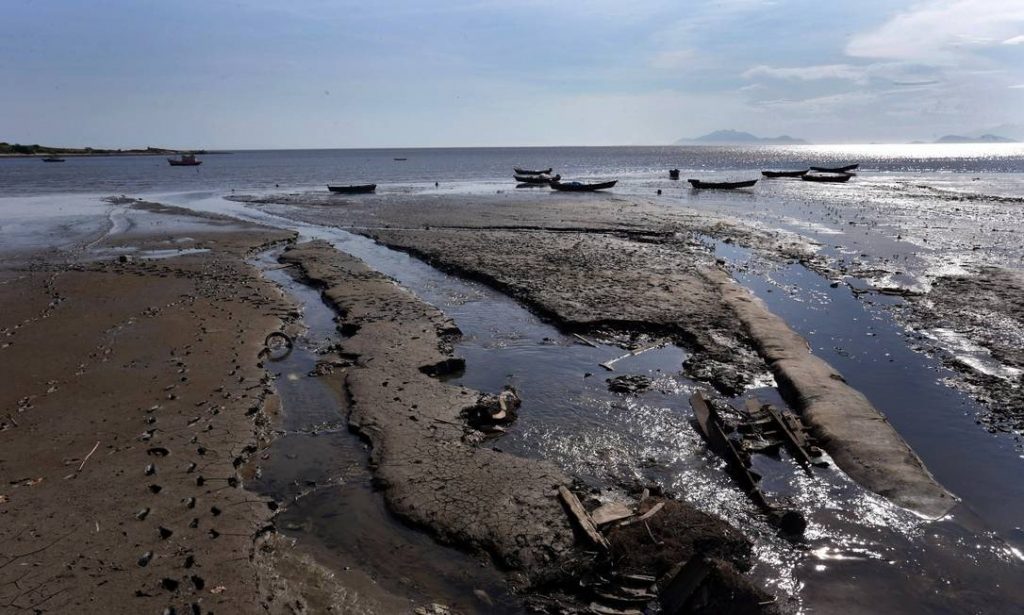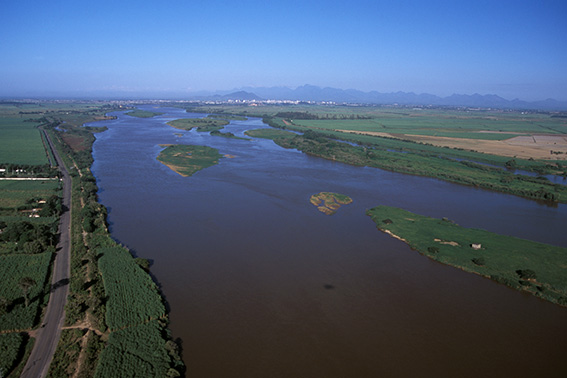RIO DE JANEIRO, BRAZIL – Rio de Janeiro could suffer a major water supply crisis, due to the increasing environmental degradation of Guanabara, Sepetiba and Ilha Grande bays, in addition to the pile of chemical waste on the banks of the Paraíba do Sul River.

Pollution, caused by the lack of basic sanitation, affects the bays and 100 coastal lagoons of the Rio de Janeiro state coast. The majority of the rivers which supply water to the cities are already polluted.
The Paraíba do Sul river, which supplies 80 percent of the metropolitan region of Rio de Janeiro, is severely endangered due to a mountain of steel waste (dross), which is dumped daily by the National Steel Company (CSN).

There are approximately 100 trucks depositing the substance less than 50 meters from the river, in Volta Redonda. The pile is allegedly over 30 meters tall.
“We are witnessing an environmental crisis and the risk of water shortages in the state of Rio de Janeiro, where successive disasters, known as ”environmental accidents”, have been occurring, which is very alarming, in addition to causing billions in damage to the economy”.
“Last year, we alerted the Federal as well as the State’s Prosecutor’s Offices (MPF and MP – GAEMA) that in the event of a heavy downpour, as a result of intense rainfall, or the collapse/slump of this huge mountain of industrial waste there is an extremely high risk of indefinite suspension of the public supply to dozens of cities in the Paraíba Valley, the [suburban] Baixada Fluminense and the Capital (Rio de Janeiro), where the socio-economic damage and environmental impact are immeasurable,” says Sérgio Ricardo, of the ‘Baía Viva’ Movement.

When contacted, CSN (steel production plant) issued a note stating that the stored material “is not dangerous, as classified by the Brazilian National Standards Organization (ABNT), and does not represent any risk to the environment or health”.

